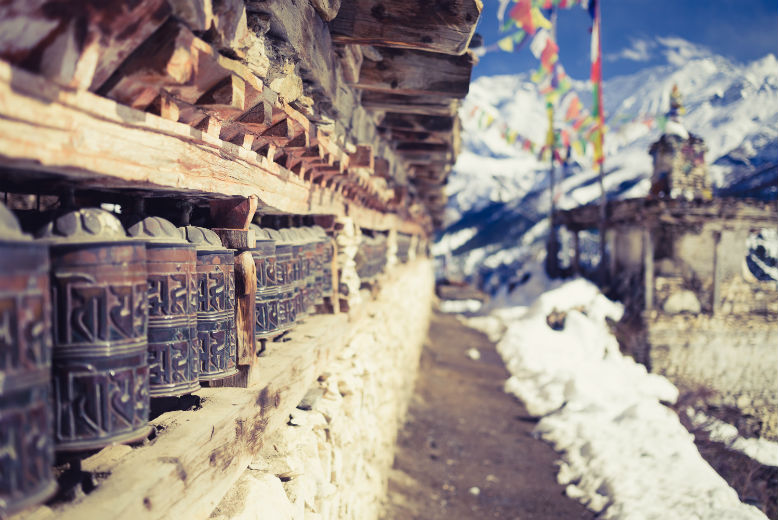
Environmental Approaches to History and Society in Japan
The 84th Stockholm Seminar on Japan.
With Tokyo Bay’s pollution for the 2020 Tokyo Olympics in the spotlight and the massive flooding caused by recurring typhoons of recent years, Japan’s vast water infrastructure has come to the surface. While geology and climate are powerful determinants of destiny, so too are the institutions, technologies, knowledge, ethical codes, and cultures that have developed as a result of humanity’s interaction with rivers and the water cycle of which they are a part. In modern times, pollution, loss of habitat, flooding, land-use change, and lack of waterfront accessibility have all contributed to the removal of rivers from everyday consciousness and public discussions. This event will feature two talks that will discuss changes to rivers as a part of a larger social-ecological transformation in Japanese society.
Hydrology as Political Imaginary: Legibility of Infrastructure and the Future of Freshwater Governance in Tokyo, Japan
Dr. Takehiro Watanabe, Associate Professor (Anthropology),
Graduate Program in Global Studies at Sophia University.
Learning from History and Ecosystem of Gravelly River Channels in Japan: What Should be Conserved as the Original?
Dr. Mikiko Michell Sugiura, Associate Professor (Water Resource Development),
Center for Global Education and Discovery at Sophia University.
Moderator: Ewa Machotka, Associate Professor (Art History), Stockholm University
The Japan seminar series is jointly organized by the European Institute of Japanese Studies at Stockholm School of Economics, the Asia Programme at the Swedish Institute of International Affairs, the Department of Asian, Middle Eastern and Turkish Studies at Stockholm University and the Swedish Defence University. It features monthly seminars on Japanese economy, politics and society.
Welcome!